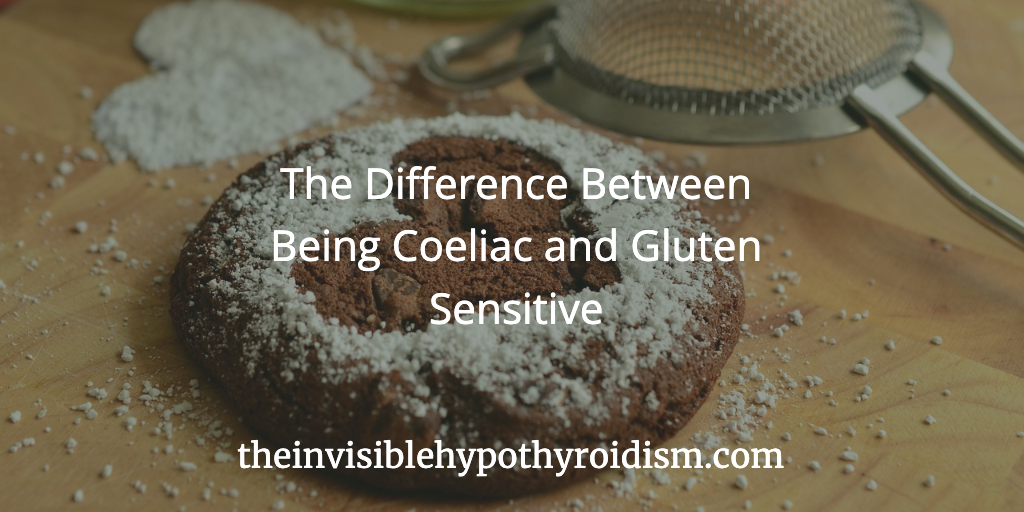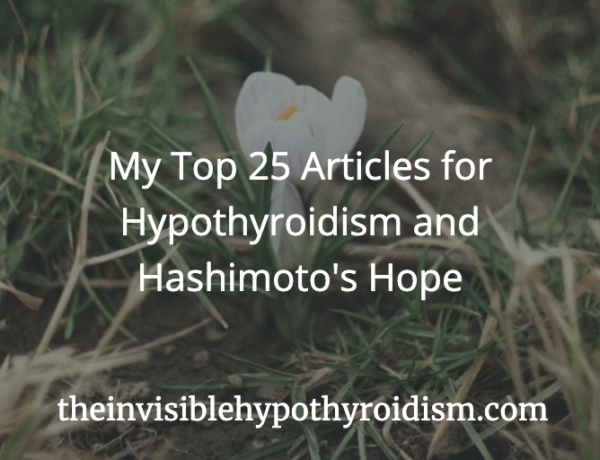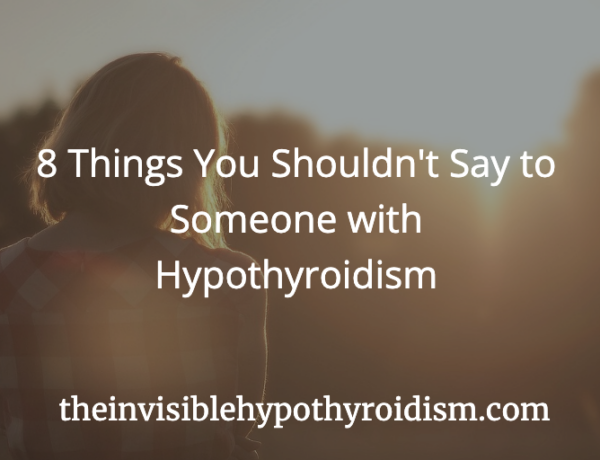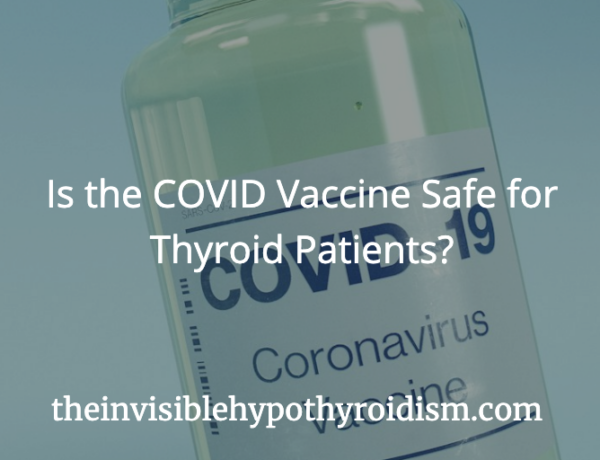Originally published on 14th May 2016 Last updated on 12th October 2023
Did you know that you could be sensitive to gluten i.e. have it still cause you symptoms or problems, but not be Coeliac?
As people with hypothyroidism and /or Hashimoto’s, we’re often told that it’s quite likely that we do have some form of gluten sensitivity.
What is Gluten Sensitivity?
As explained by Coeliac UK:
“Non coeliac gluten sensitivity is when symptoms similar to coeliac disease are experienced, but there are no associated antibodies of the gut..”
So, your doctor may have run tests to check for Coeliac Disease, and it came back negative, yet if you suffer from fatigue, mood swings, brain fog, aches and pains, uncomfortable feelings in your stomach, goitre/swelling or pain of the throat, acid reflux etc. within hours or a few days of eating something containing gluten. Sound possible or familiar?
In my case, when I eat gluten, I feel fatigued, achy, fuzzy minded and sometimes even experience gastrointestinal discomfort. Yet I was tested for Coeliac Disease (before going gluten-free) and was told I did not have it. However, I definitely feel better not eating it.
Read about the thyroid symptoms that disappeared for me after I went gluten-free.
The Thyroid and Gluten Link
It’s reported that around 90% of people with hypothyroidism have the autoimmune disease Hashimoto’s Thyroiditis which is their cause. [1]
Hashimoto’s attacks the thyroid gland, causing hypothyroidism. A common symptom of Hashimoto’s can be gluten sensitivity.
Gluten sensitivity is different to Coeliac disease, as if you have Coeliac disease, you tend to have symptoms such as diarrhoea, bloating, bad wind, weight loss etc. with the consumption of gluten, but a gluten sensitivity can mean an increase in hypothyroid symptoms such as increased fatigue, swinging lab results (also swinging symptoms in feeling hypo one day and hyper the other), brain fog, acid reflux, aches and pains and poor gut health meaning low absorption rate of minerals and vitamins.
What is The Thyroid and Gluten Link?
One theory we see a lot is that gluten is said to trigger the same autoimmune reactions that cause you to have Hashimoto’s in the first place, since the cells of your thyroid are similar to the make up of gluten, and it confuses the body, increasing inflammation, which can mean worse or extra symptoms. However, this theory is yet to be conclusively proved (or disproven).
Other possible reasons for thyroid patients feeling better on a gluten-free diet include:
- that eating naturally gluten-free usually means a reduction in processed, high sugar foods overall
- that a gluten sensitivity can lead to poor gut health, which can be indicated by a low absorption rate of minerals and vitamins. For example, low levels of B12, D, Iron etc.
Thyroid Pharmacist Izabella Wentz conducted a survey amongst thyroid patients, which showed that 86% who went gluten-free reported an improvement in digestive symptoms. Notably, only 3.5% of the respondents were actually diagnosed with coeliac disease. It could be that some of these respondents were undiagnosed Coeliac, have gluten sensitivity or, as touched on above, were just consuming a much less processed diet. [2]
When Italian researchers also put subclinically hypothyroid people with coeliac disease on a gluten-free diet for one year, thyroid function normalised in 71% of them, with another 19% normalising their thyroid antibodies. The researchers concluded that in some cases, a gluten-free diet may single-handedly reverse the abnormality. [3]
The Effect of Gluten-Free Diet on Thyroid Autoimmunity in Drug-Naive Women With Hashimoto’s Thyroiditis: A Pilot Study also concluded that their results suggested a gluten-free diet may bring clinical benefits to women with Hashimoto’s. [4]
As of 2024, NICE Guidelines recommend that all autoimmune thyroid patients (those with Graves’ or Hashimoto’s) are screen for coeliac disease at diagnosis. Most people with hypothyroidism also have Hashimoto’s (as the cause) so this is important. Research shows that people with coeliac disease have a 1.5% to 3.8% chance of developing autoimmune thyroid disease, so there is a big correlation between the two conditions. If you test negative but develop possible symptoms at a later date, it is recommended you be screened again, as you can develop it at any time.
Should You Try It?
It may well be worth a try, seeing as 90% of us hypothyroid people have Hashimoto’s, so removing gluten from your diet for a while (usually a few months) to test if you have a sensitivity can be useful. Especially if you have symptoms such as acid reflux, brain fog, aches and pains and fatigue. It could eliminate your final thyroid symptoms. However, it is certainly not the case for all thyroid patients. Different dietary adjustments help different people.
Read my guide on how-to go gluten-free here.
Please keep in mind that there are huge benefits in screening for coeliac disease before removing gluten. For example, diagnostic tests for coeliac disease require you to be on a gluten-containing diet so that the test can detect any antibodies to gluten. If you are already on a gluten-free diet when tested for coeliac disease, you will need to reintroduce gluten for several weeks before the blood test, in order to get accurate results. Having a formal diagnosis of coeliac disease, if you have it, is also important.
Also, if coeliac disease is confirmed, as well as lifelong, strict gluten-free diet a longterm treatment plan will also need creating by your doctor and dietician to ensure you’re still getting the right nutrients from other foods. Monitoring of any intestinal damage and healing, as well as vitamin or mineral deficiencies is also recommended.
And an important note: as someone who personally has a history of eating disorders / disordered eating myself, I am aware that the information in this article could be triggering if you’ve previously / are currently restricting foods. Do know that I will never suggest that any of us HAVE to cut out ANY food types, so I present this info for each of us to make that decision ourselves if we still have ongoing thyroid symptoms or struggles to manage the condition.
Some people may begin removing one or two foods from their diet and enter down a slippery slope in to disordered eating behaviours, so if this is you, and you start to feel anxious about food or much of your time and energy is preoccupied with this, please seek out support from a trained professional and be cautious about altering your diet. Disordered eating needs to be taken more seriously and I don’t wish to contribute to more people struggling with this.
I’m not a fan of massively restrictive diets which can encourage disordered eating behaviours, and thus, create more stress which, in turn, isn’t great for our health either.
Have you tried going gluten-free for your thyroid condition? Have you found that it’s helped?
You can click on the hyperlinks in the above post to learn more and see references to information given.
References:
[1] https://www.ncbi.nlm.nih.gov/pubmed/3066320
[2] https://thyroidpharmacist.com/articles/top-9-takeaways-from-2232-people-with-hashimotos/
[3] https://www.ncbi.nlm.nih.gov/pubmed/11280546
[4] https://www.thieme-connect.de/products/ejournals/pdf/10.1055/a-0653-7108.pdf





